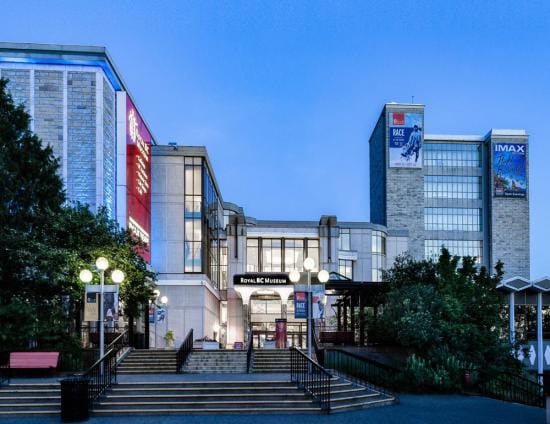
Modernization
Learn more about government’s intention to modernize the museum to protect our historic holdings and provide better access to our collections.
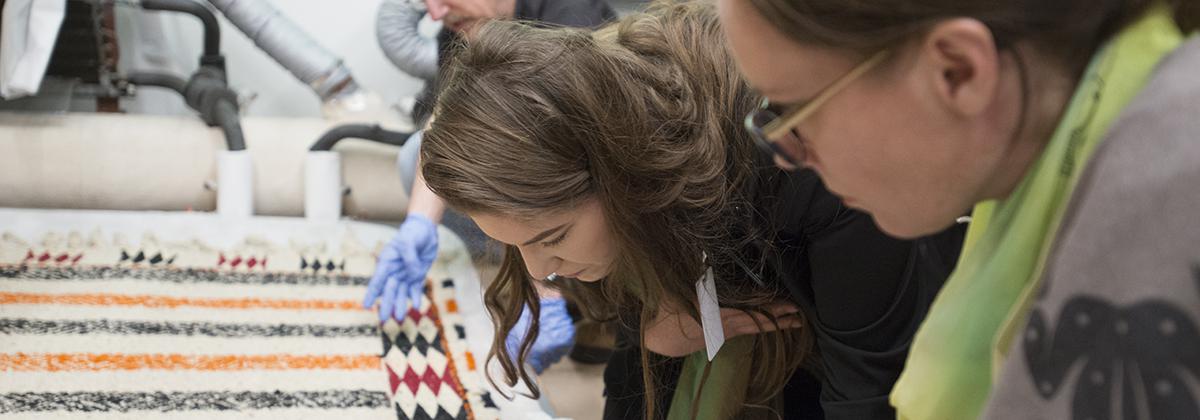
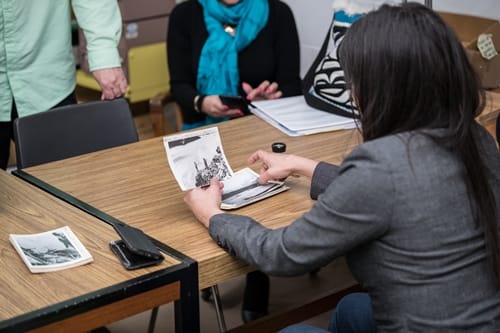
Founded in 1886 to preserve, classify, exhibit and keep for British Columbia the cultural objects of First Nations and natural history, the Royal BC Museum has worked in collaboration and partnership with First Nations communities since the 1950s. In 2017 a new First Nations department was created, comprising the anthropology and archaeology collections. To read more about the work of this department, see the Indigenous Collections and Repatraition Department.
In August, 2016, the Royal BC Museum released a formal public response to the Truth and Reconciliation Commission’s Final Report: “Honouring the Truth, Reconciling for the Future.” In line with the recommendations of the Truth and Reconciliation Commission, we are further revitalizing our policies and responsive practices. The following information, updated regularly, represents some of the ways in which the Royal BC Museum and Archives is heeding the Calls to Action and embracing the spirit of reconciliation.
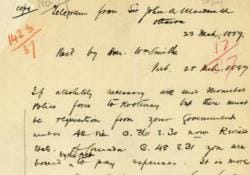
The BC Archives is working to provide digital copies of records to Indigenous families and communities that have a connection to the material. A recent example includes an 1887 government file that describes early settler-Indigenous conflict in the East Kootenays in detail. The scanned file has been provided to the Ktunaxa Nation Council.
On March 27, 2018 two collections from the Royal BC Museum—the Vancouver Island Treaties and the Ida Halpern fonds—were accepted for inscription on the Canadian Commission for UNESCO's Canada Memory of the World register. Highly valued by Indigenous communities, inscription on the register is recognition of the significance of these records.
Respectful field practices have been introduced by Royal BC Museum scientists. Local First Nations are now contacted before summer collecting trips are planned in their territories and museum scientists offer to collect duplicate samples that can be deposited with communities who have an interest in developing natural history collections. To date, duplicate collections of botanical material have been donated to the Kelly Lake First Nation and to the Treaty 8 Tribal Association.
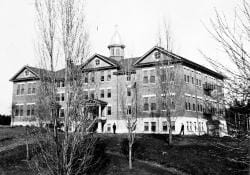
The BC Archives includes a number of guides to assist researchers studying particular subject areas. An online reference guide dedicated to helping those researching the history of Residential Schools in British Columbia is in development.
The Indian Residential Schools Program, which ran from roughly 1880 to 1996, is a tragedy in Canadian history. This Learning Portal pathway is about those residential schools that were established by the Canadian government specifically for Indigenous children.
The Royal BC Museum offers a wide variety of school programs aimed at increasing awareness of First Nations, Metis and Inuit cultures and histories. These programs include the EAGLE Program, Learning Labs, Partner School Project and the Home Learners Workshop series.
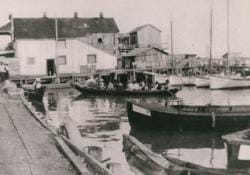
The Royal BC Museum and Archives is prioritizing materials with Indigenous content for digitization. The focus is on digitizing linguistic tapes in order to support language revitalization programs within communities. Additionally, the museum’s collection of more than 25,000 photographs, mostly early images of communities, will be scanned as part of a multi-year digitization project.
The BC Archives is reviewing their descriptive standards and consulting both internally and externally to create a plan to incorporate traditional knowledge, cultural restrictions and Indigenous language diacritics into archives catalogue entries.
In 2017 the Royal BC Museum and Archives was gifted with translations of three of the original Vancouver Island Treaties. Two of the treaties were translated into Lekwungen and one into SENĆOŦEN. These translations are available online and provided whenever researchers ask to view the English-language versions, encouraging users to consider the different versions and languages involved at their time of creation.
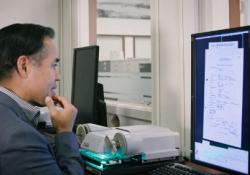
The BC Archives regularly assists Indigenous communities with researching their genealogy and community history. This collaborative documentary highlights the challenges and the joys of conducting such research as Dr. Evan Adams of the First Nations Health Authority uncovers his personal story.
This year, BC Archives staff began to visit and seek advice from Indigenous communities and cultural associations across the province. Topics discussed were: how to access records at the archives and the ways in which Indigenous materials are represented and accessed.
Curious is an online publication that collects essays, research, archival items and photography from Royal BC Museum curators, archivists and other experts. In the spring 2017 Belongings issue, First Nations community members explored themes of belonging, self-discovery and community, with a focus on the Royal BC Museum and Archives collections.
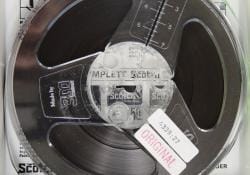
The Royal BC Museum and Archives has established a program to provide Indigenous communities and individuals with reproductions of records documenting their cultural heritage free-of-charge. Researchers who self-identify as Indigenous can access copies of photographs, textual records, sound recordings and other items from the collections.
The Royal BC Museum's Conservation department participates in repatriation requests, including the November 2016 transfer of a number of wooden carvings and baskets to the Huu-ay-aht First Nation. Practical assistance with cleaning, packing and transporting was supplied at the request of the First Nation. Cooperation and partnership takes place in facilitating the return of objects to the community.